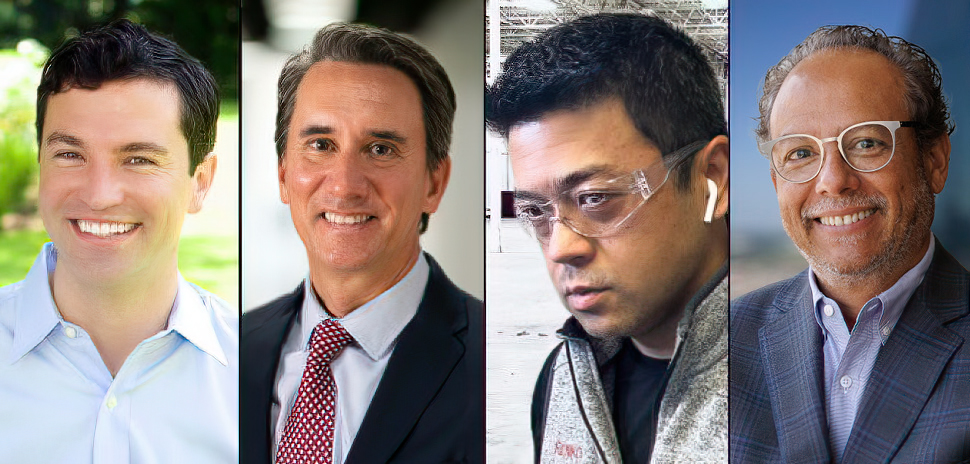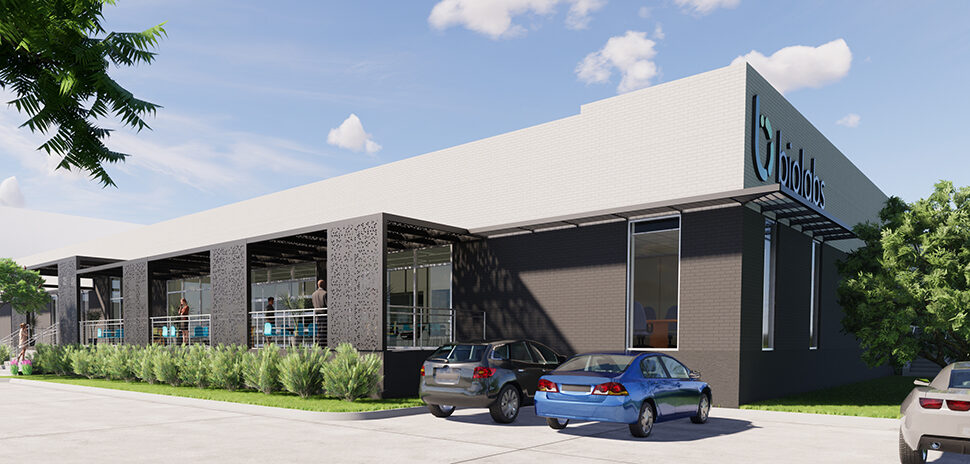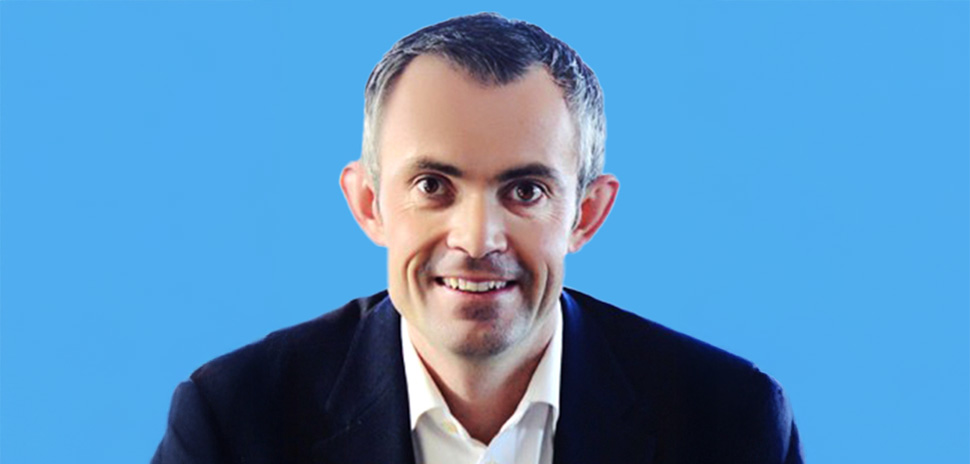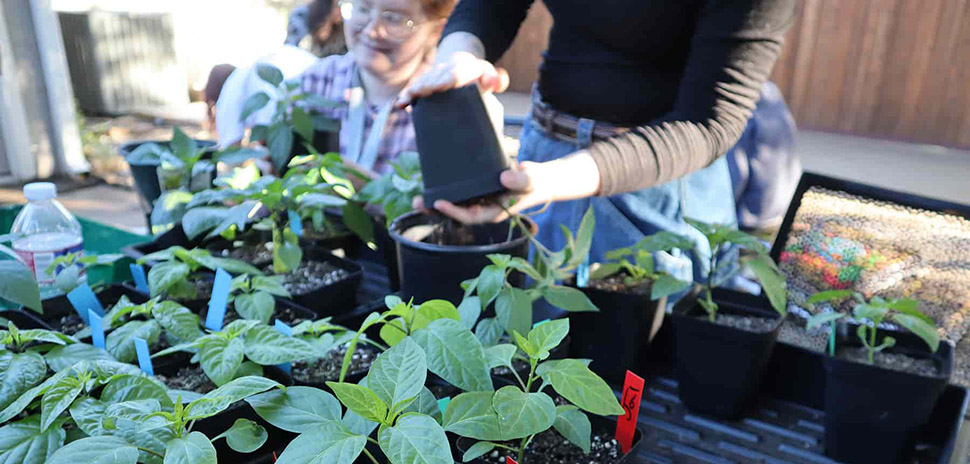Key elements to a thriving biotech sector are converging in the Dallas Region, experts said in a panel discussion held during the 2022 spring meeting of the Urban Land Institute.
The in-person conversation, held Tuesday, May 17, at the Irving Convention Center at Las Colinas, featured four experts in life sciences, health technology, and venture capital. Dallas Regional Chamber Vice President of Innovation Jorge Varela moderated the conversation. Panelists included biotech C-level executive Hua Tu, LH Capital Director Matt Crommett, and Health Wildcatters CEO and co-founder Hubert Zajicek.
Factors Drawing Biotech to DFW
Tu specifically mentioned four factors spurring biotech expansion in DFW: central location, available and affordable real estate, proximity to a major airport, and access to talent from the universities in the region.
Here’s his account of how these factors played into the biotech companies he’s involved with:
His former company—Bay Area-based LakePharma—was outgrowing its locations in Belmont, California, and the Boston region. It needed a bigger footprint to accommodate its expanding workforce, which was approaching 250 people.
LakePharma specializes in antibody and protein engineering, among other biotech services.
At first, LakePharma leaders looked at the state of Washington and Oregon.
“But then, Texas was suggested to us,” he said. “We looked for a reason not to come here, but didn’t find one.”
Zeroing in on the Lone Star State, LakePharma also considered Houston and Austin but found DFW’s real estate, logistics, and talent supply more desirable, Hu said.
About 10 months ago, LakePharma was acquired by New York-based Curia (NASDAQ: AMRI), one of the world’s largest contract development and pharmaceutical manufacturing companies.
Rather than relocating, Curia chose to remain in Irving, making it one of 32 locations the company owns and operates globally.
Then, Tu co-founded another biotech company—Medna Scientific—which recently announced it will open a 200,000 square-foot, single-story building equipped for shipping, research, and manufacturing also in Irving.
Medna Scientific provides procurement, software, and products for bio industry needs.
“There’s a lot of unique factors here, and we believe this is a good place to do biotech, health care, and health tech in general,” Tu said. Tu added that most Bay Area biotech industry leaders have never heard of DFW as a potential operation site.
Cash, Science, Positive Collisions
The panelists agreed that while biotech has a strong presence in DFW, many players are siloed. They also said that a single ingredient—such as a cash infusion —can’t turn DFW into the next Boston. It will take the right combination, of supporting industries, capital investment, academic involvement, and interactions among those players involved, they said.
LH Capital’s Matt Crommett said the newly launched Pegasus Park biotech hub is dissolving those barriers and creating positive collisions that will lead to better biotech solutions. The 23-acre campus, which opened this year, includes a 37,000 square-foot co-working BioLabs facility with wet labs, a separate tower for office space, and plenty of communal areas —such as a microbrewery and a coffee shop—for mingling.
Health Wildcatters CEO and co-founder Hubert Zajicek said the fact that Pegasus Park is nearly within a stone’s throw of UT Southwestern—a leader in academic biotech research and innovations—yet is not owned by the institution, will further benefit the sector in the region.
The DRC’s Jorge Varela said the region is starting to see a series of biotech successes and spinoffs that will elevate the region’s profile as a biotech hub.
“It takes time” to establish that track record, Varela said. “The folks from ZS Pharma stuck around, and their money stuck around. Each of the top-four company leaders have invested in about four other startups. And they have taken active positions in guiding these startups. Peloton Therapeutics founding members are similarly investing local.” (Peloton sold to Merck for $2.2 billion.)
Local spinoffs include OncoNano and Renibus Therapeutics, Varela said. (OncoNano has raised over $70 million, and Renibus over $50 million)
“What’s a trickle right now, will become a waterfall in a few years,” Varela said.
![]()
Get on the list.
Dallas Innovates, every day.
Sign up to keep your eye on what’s new and next in Dallas-Fort Worth, every day.





![Southwestern Medical Foundation President and CEO Kathleen Gibson has joined the board of nonprofit LaunchBio. [Image: Southwestern Medical Foundation; istockphoto]](https://s24806.pcdn.co/wp-content/uploads/2022/04/Kathleen-Gibson-LaunchBio-board-970x464.jpg)



![Krupal Raval [Photo: CyrusOne]](https://s24806.pcdn.co/wp-content/uploads/2025/07/Cyrusne_KrupalRaval-970-75x69.jpg)




![Krupal Raval [Photo: CyrusOne]](https://s24806.pcdn.co/wp-content/uploads/2025/07/Cyrusne_KrupalRaval-970.jpg)

















